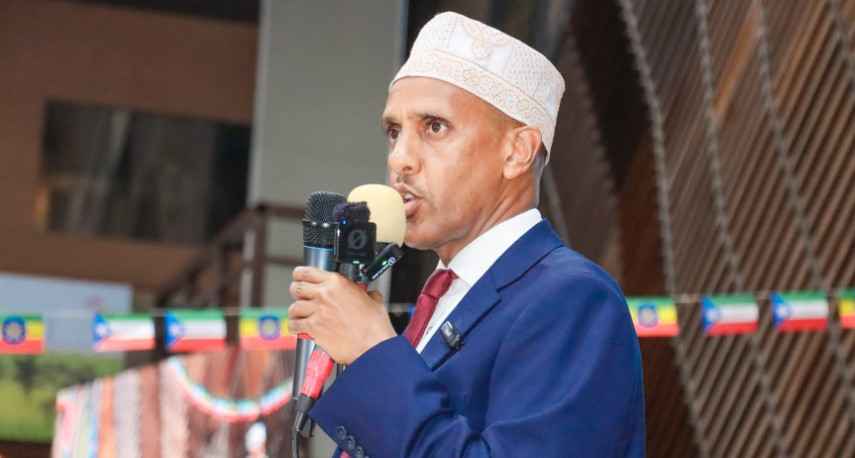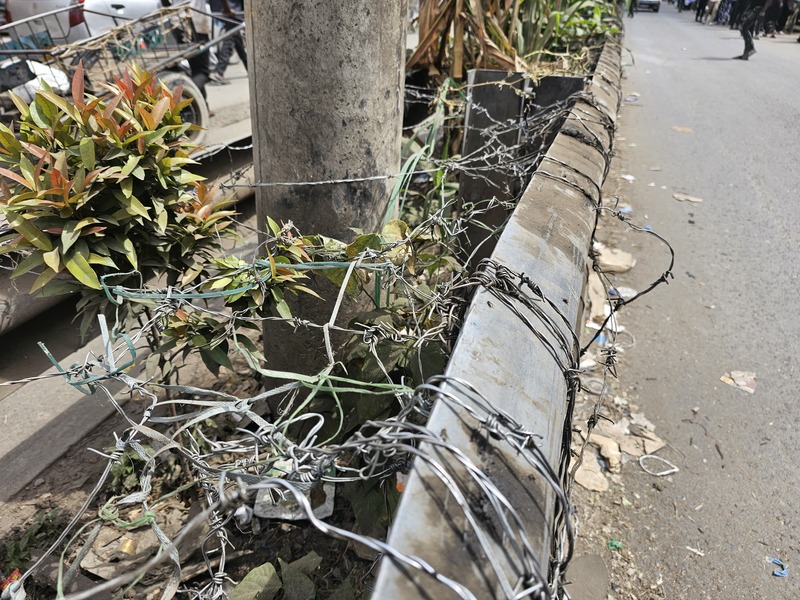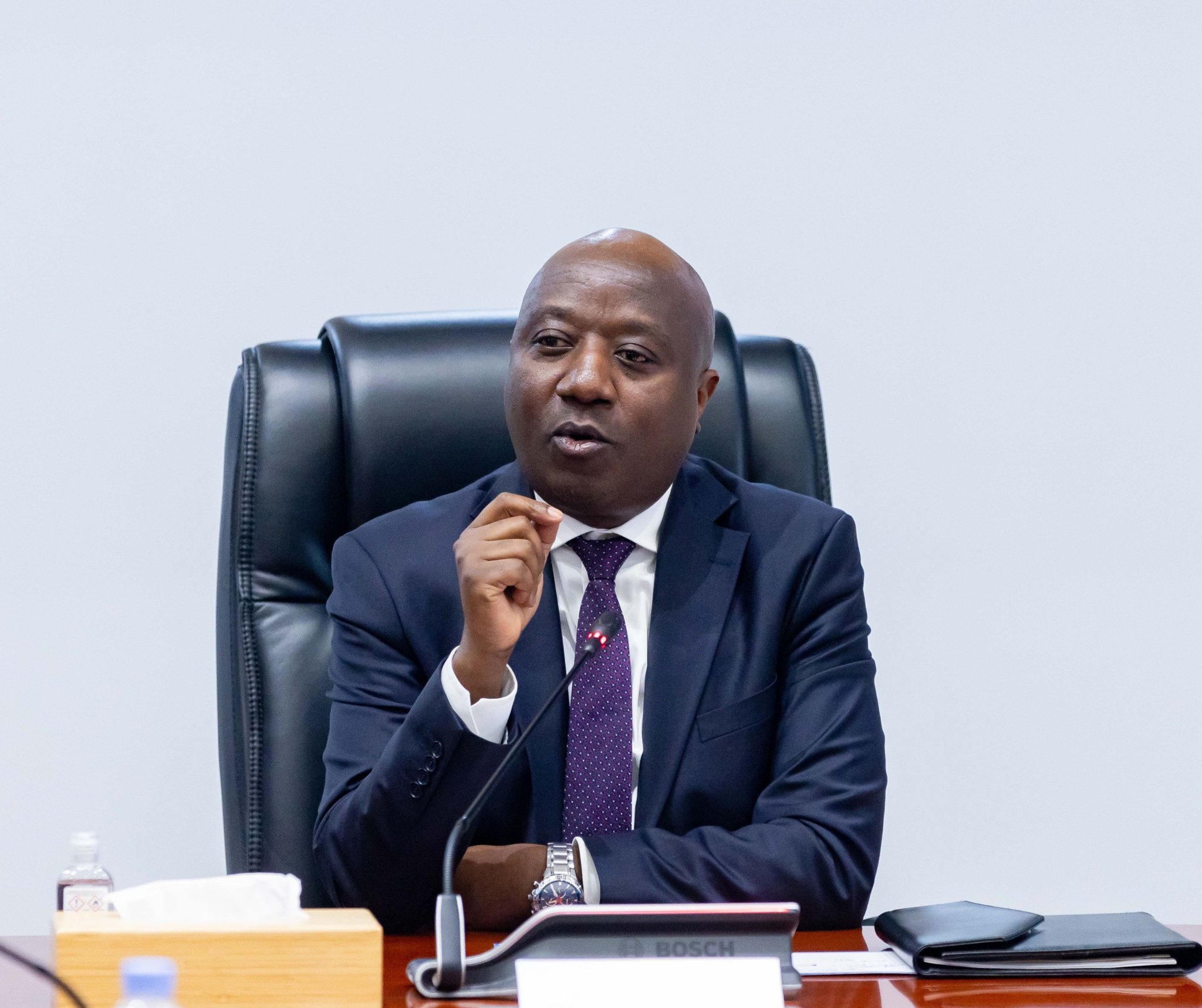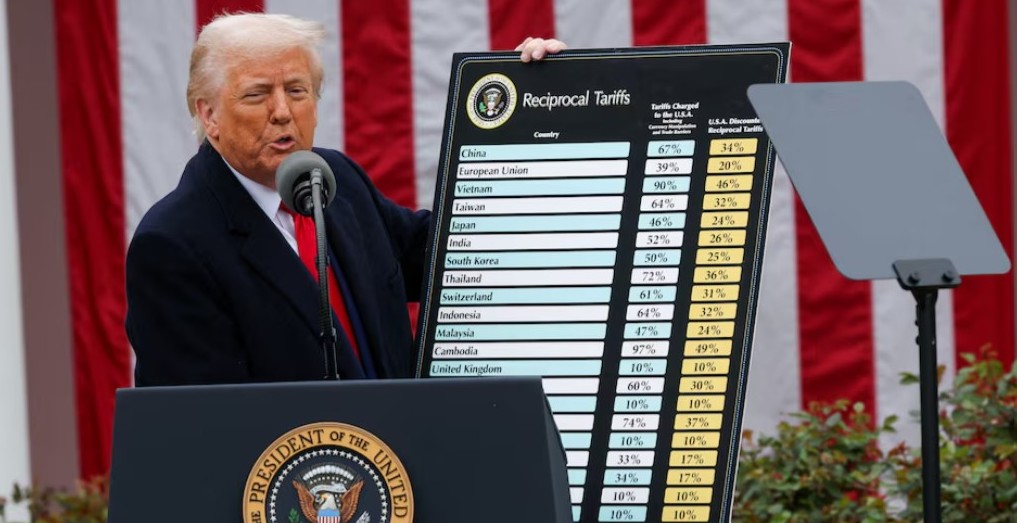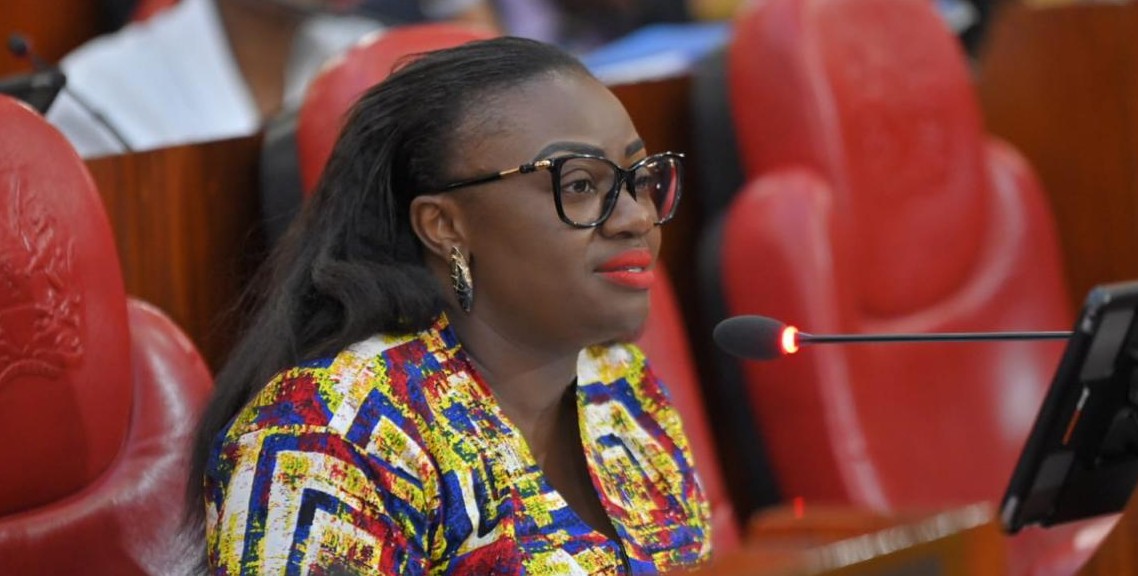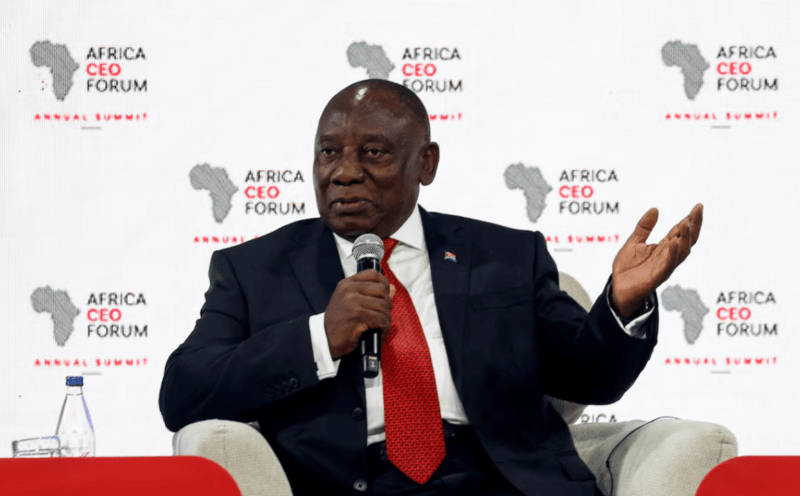South Sudan Central Bank issues 1,000-pound notes with updated name

The change in currency comes as South Sudan faces several economic challenges, including high inflation, a shortage of foreign currency, widespread corruption, and recovery from a deadly civil war.
The Bank of South Sudan (BoSS) announced the issuance of new 1,000-pound notes with an updated name; South Sudan Pound, replacing the previous South Sudanese Pound.
"The Bank of South Sudan informs the public that it has issued a banknote series of one thousand South Sudan Pounds (SSP1000). This issuance is in line with the Banking Act 2012 and the Bank of South Sudan Act 2023 (amended)," the statement partly reads.
More To Read
- Aid blockade in South Sudan puts 60,000 malnourished children in Upper Nile at risk
- UN extends South Sudan peace mission for a year as renewed conflict looms
- Attack on MSF hospital in South Sudan was deliberate, UN rights commission says
- Bombing destroys last functional health facility in Jonglei State, South Sudan
- UN extends South Sudan peacekeeping mission by nine days amid escalating tensions
- South Sudan peace deal under threat as key opposition leaders detained
Central Bank governor James Alic Garang explained that the newly issued banknotes have the same principal characteristics as the previously issued SSP1000 banknotes.
"These newly issued banknotes have the same principal characteristics as the previously issued SSP1000 banknotes. However, there is a change in the wording of this series from South Sudanese Pound to South Sudan Pound, while other specifications remain the same," he stated.
The bank has also urged all financial and non-financial institutions to comply with the notice. The release of a new banknote series usually corresponds with the implementation of updated security features.
In 2023, South Sudan's transitional parliament passed the Banking and Other Financial Institutions Bill 2023, which mandates replacing the country's currency, South Sudanese Pound, with a new currency called the South Sudan Pound.
Addis Ababa Othwo, deputy governor of the central bank, stated last year the need for the country to have its currency.
"The practice in the region when it comes to currency is to name the currency after the country," he said. "In Kenya, they call it Kenya Shillings and in Uganda, they call it Uganda Shillings. That is why we are changing it from South Sudanese Pounds to South Sudan Pounds."
The change in currency comes as South Sudan faces several economic challenges, including high inflation, a shortage of foreign currency, widespread corruption, and recovery from a deadly civil war.
Top Stories Today


